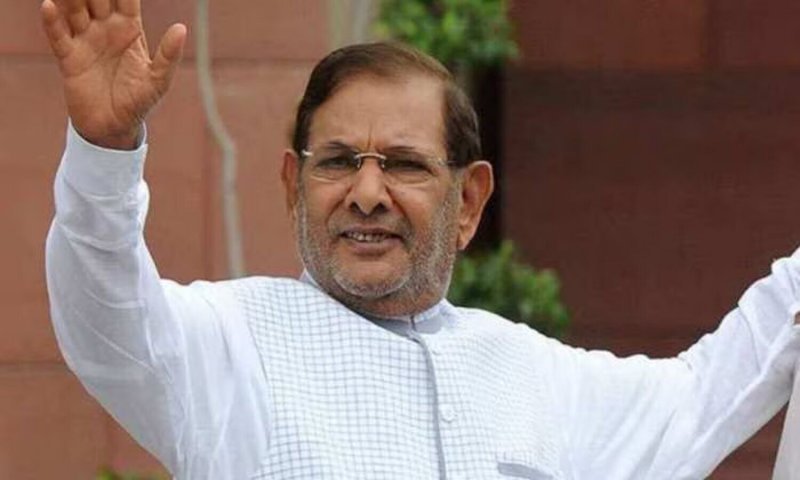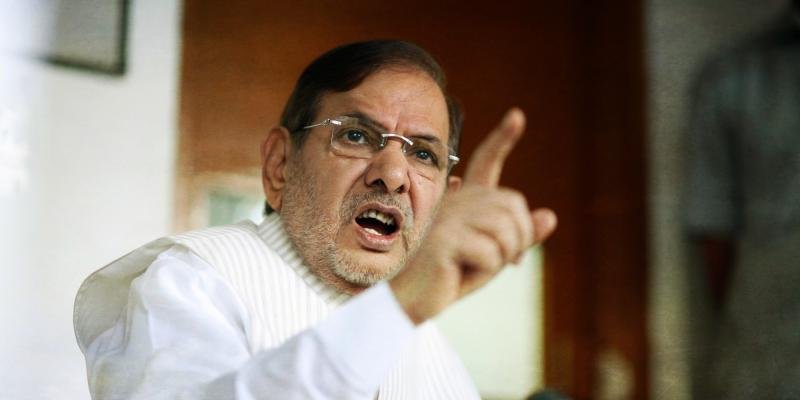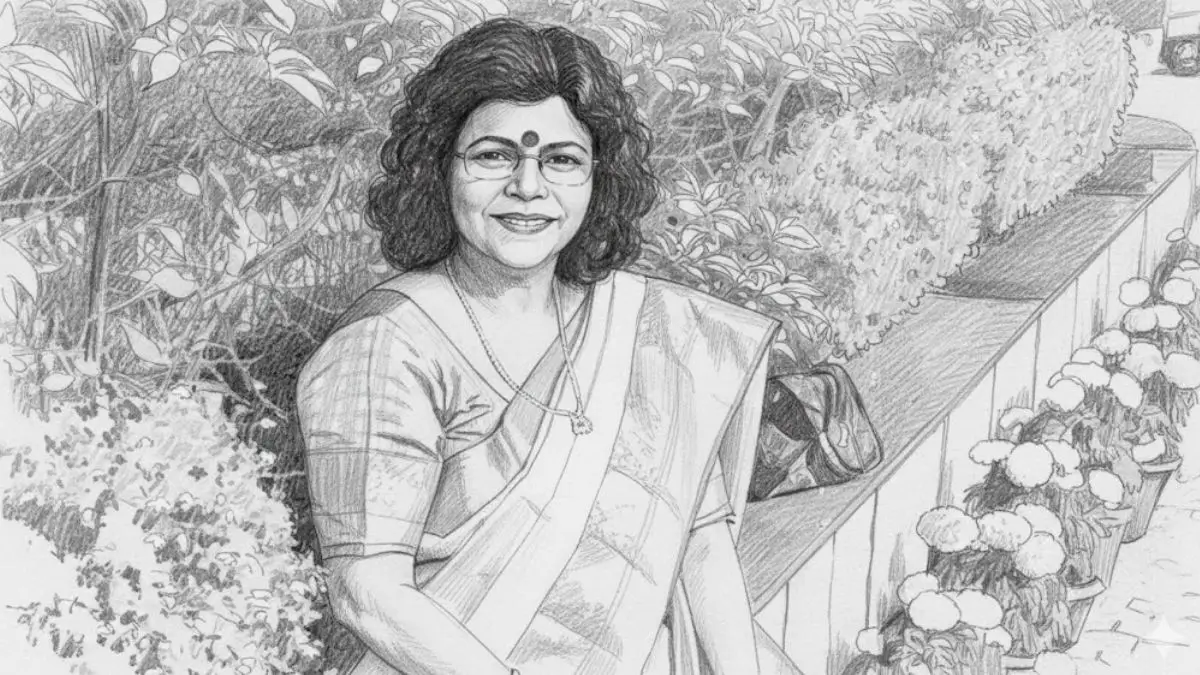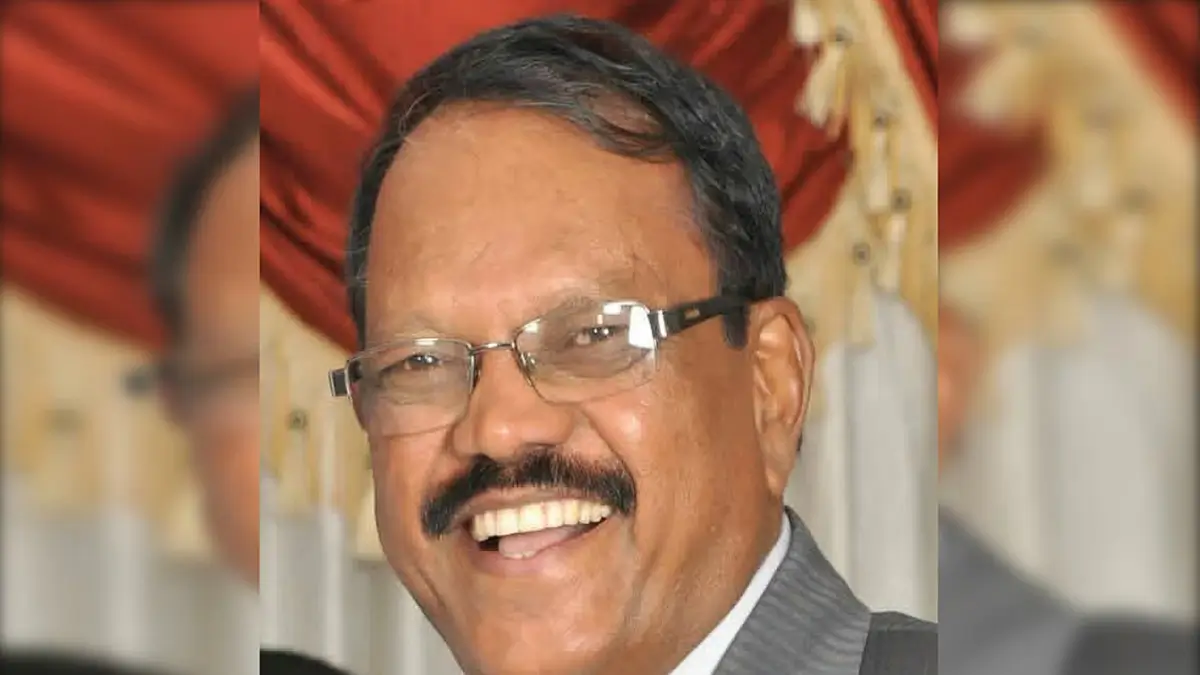Fighting Emergency to Championing Mandal: Sharad Yadav Passes Away
Sharad Yadav, a veteran socialist leader, and former Union minister passed away on March 22, 2022, at the age of 75 in New Delhi. Yadav was known for his strong stand on social justice and was instrumental in the implementation of the Mandal Commission report, which led to the reservation of seats in government jobs and educational institutions for the Other Backward Classes (OBCs) in 1990. Born on July 1, 1946, in the village of Akhmau in the district of Azamgarh, Uttar Pradesh, Yadav completed his post-graduation in Political Science from Patna University. He began his political career as a student leader and later joined the Jayaprakash Narayan-led movement against the Emergency imposed by the Indira Gandhi-led government in 1975.
In 1974, Yadav was elected as the president of the Patna University Students’ Union and went on to become the general secretary of the Bihar State Youth Congress in 1975. After the Emergency was lifted in 1977, he joined the Janata Party and was elected to the Lok Sabha from Jabalpur in Madhya Pradesh 1977. Yadav went on to serve as a Union minister in the Chandra Shekhar and H.D. Deve Gowda governments, holding portfolios such as Civil Aviation, Labour, and Surface Transport. He was also a member of the Rajya Sabha from Bihar for three terms.
Yadav played a key role in the implementation of the Mandal Commission report, which recommended 27% reservation for OBCs in government jobs and educational institutions. The report was implemented by the V.P. Singh-led government in 1990, and Yadav played a crucial role in garnering support for it among political parties.

Why this News is important:
A stalwart socialist leader and former Union minister passes away
Sharad Yadav, a veteran socialist leader, and former Union minister passed away on March 22, 2022, at the age of 75 in New Delhi. Yadav was known for his strong stand on social justice and was instrumental in the implementation of the Mandal Commission report, which led to the reservation of seats in government jobs and educational institutions for the Other Backward Classes (OBCs) in 1990.
Yadav played a key role in the implementation of the Mandal Commission report
Yadav played a key role in the implementation of the Mandal Commission report, which recommended 27% reservation for OBCs in government jobs and educational institutions. The report was implemented by the V.P. Singh-led government in 1990, and Yadav played a crucial role in garnering support for it among political parties.
Yadav was a vocal critic of the Narendra Modi-led government
Yadav was a vocal critic of the Narendra Modi-led government and had been at the forefront of the protests against the Citizenship Amendment Act (CAA) and the National Register of Citizens (NRC) in recent years. His passing is a loss to the socialist movement in India, which is already facing challenges in the current political climate.
Historical context:
Sharad Yadav was born on July 1, 1946, in the village of Akhmau in the district of Azamgarh, Uttar Pradesh. He completed his post-graduation in Political Science from Patna University and began his political career as a student leader. Yadav joined the Jayaprakash Narayan-led movement against the Emergency imposed by the Indira Gandhi-led government in 1975. In 1977, he joined the Janata Party and was elected to the Lok Sabha from Jabalpur in Madhya Pradesh. Yadav later went on to serve as a Union minister in the Chandra Shekhar and H.D. Deve Gowda governments, holding portfolios such as Civil Aviation, Labour, and Surface Transport. He was also a member of the Rajya Sabha from Bihar for three terms.
Yadav’s most significant contribution to Indian politics was his role in the implementation of the Mandal Commission report. The Mandal Commission, headed by B.P. Mandal, was set up in 1979 to identify the socially and educationally backward classes in India and recommend measures for their advancement. The report, which recommended 27% reservation for OBCs in government jobs and educational institutions, was implemented by the V.P. Singh-led government in 1990, thanks in large part to Yadav’s efforts to garner support for it among political parties.
Key Takeaways from “Fighting Emergency to Championing Mandal: Sharad Yadav Passes Away”
| Serial Number | Key Takeaway |
|---|---|
| 1 | Sharad Yadav, a veteran socialist leader, and former Union minister passed away on March 22, 2022, at the age of 75 in New Delhi. Yadav was known for his strong stand on social justice and was instrumental in the implementation of the Mandal Commission report, which led to the reservation of seats in government jobs and educational institutions for the Other Backward Classes (OBCs) in 1990. |
| 2 | Yadav played a key role in the implementation of the Mandal Commission report, which recommended 27% reservation for OBCs in government jobs and educational institutions. |
| 3 | Yadav was a vocal critic of the Narendra Modi-led government and had been at the forefront of the protests against the Citizenship Amendment Act (CAA) and the National Register of Citizens (NRC) in recent years. |
| 4 | Yadav’s contribution to the upliftment of OBCs and social justice will be remembered for years to come. |
| 5 | With Yadav’s passing, the socialist movement in India has lost one of its strongest voices. |
Conclusion
In conclusion, Sharad Yadav was a well-respected and influential political figure in India. He dedicated his life to advocating for social justice and the upliftment of the backward classes in Indian society. His legacy includes his instrumental role in the implementation of the Mandal Commission report, which paved the way for the reservation of seats in government jobs and educational institutions for OBCs. Yadav’s passing is a loss to Indian politics and the socialist movement, but his contributions will continue to inspire generations to come.
Important FAQs for Students from this News
Q. What was the Mandal Commission report?
A. The Mandal Commission was set up in India in 1979 to identify the socially and educationally backward classes in the country and recommend measures for their upliftment. The report submitted by the commission recommended that 27% of government jobs and seats in educational institutions should be reserved for Other Backward Classes (OBCs).
Q. What was Sharad Yadav’s role in the implementation of the Mandal Commission report?
A. Sharad Yadav was a prominent leader of the Janata Dal party and played a key role in pressuring the government to implement the recommendations of the Mandal Commission report. His efforts eventually led to the implementation of the Mandal Commission report and the reservation of seats for OBCs in government jobs and educational institutions.
Q. What was the impact of the Mandal Commission report on Indian society?
A. The Mandal Commission report and its implementation had a significant impact on Indian society, especially for the backward classes. It provided opportunities for OBCs to participate in the governance and decision-making of the country, leading to greater social and economic mobility for these communities.
Q. What was Sharad Yadav’s political ideology?
A. Sharad Yadav was a socialist and a champion of the rights of the backward classes in Indian society. He believed in promoting social justice and equality and fought against discrimination and injustice.
Some Important Current Affairs Links

















